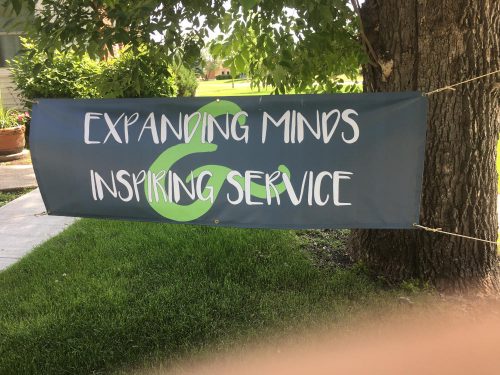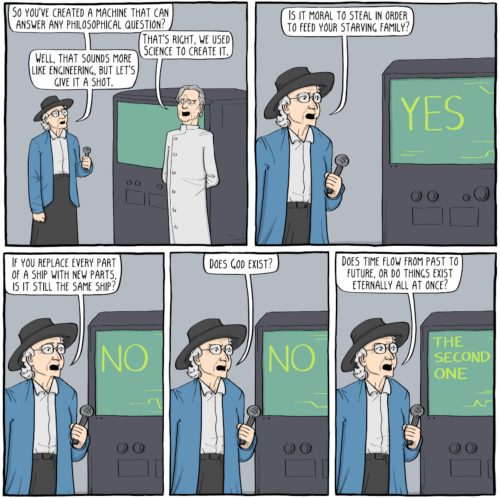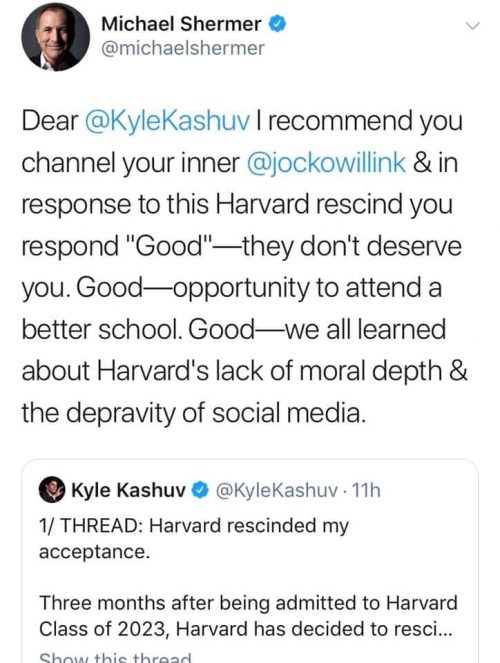I police my social media fairly heavily, since I really don’t want to waste time on major bozos. This one snuck through, though.
Lightning every time there is a storm cleans with ozone. There is no global warming. 🙄
— Ck (@lavindir75) July 10, 2019
Yeah, no. Ozone is a greenhouse gas, although a short-lived one that decays fairly quickly. Putting more ozone into the atmosphere isn’t going to help reduce global warming, although the stratospheric ozone layer is a useful radiation filter.
You don’t want to follow that clown. I looked, and it’s all flag-waving MAGA racist garbage, as you might expect.











